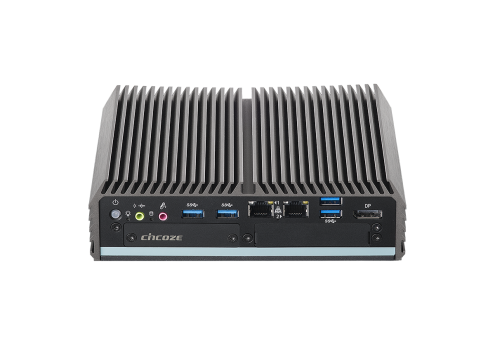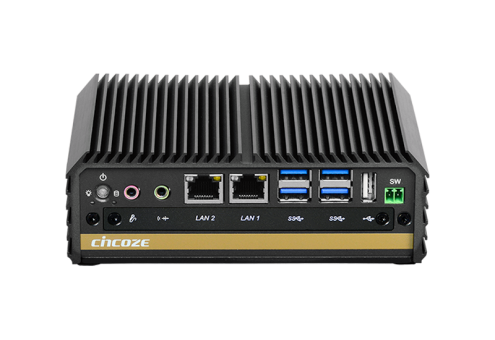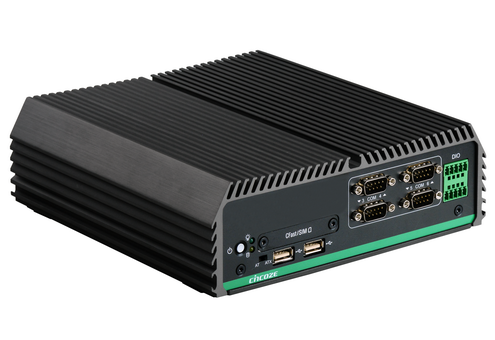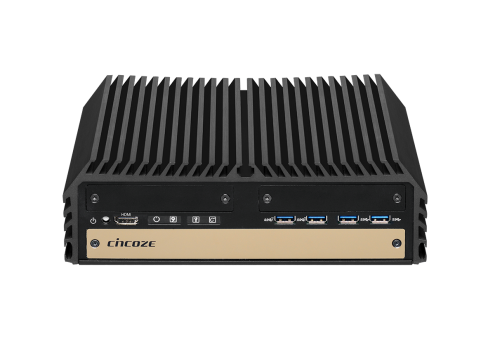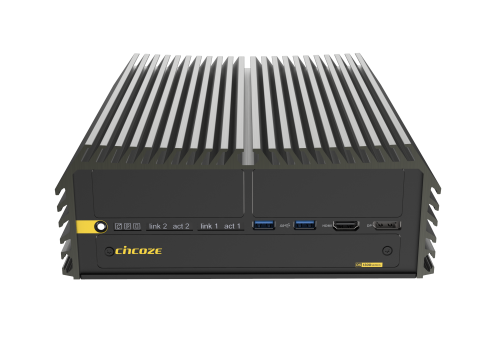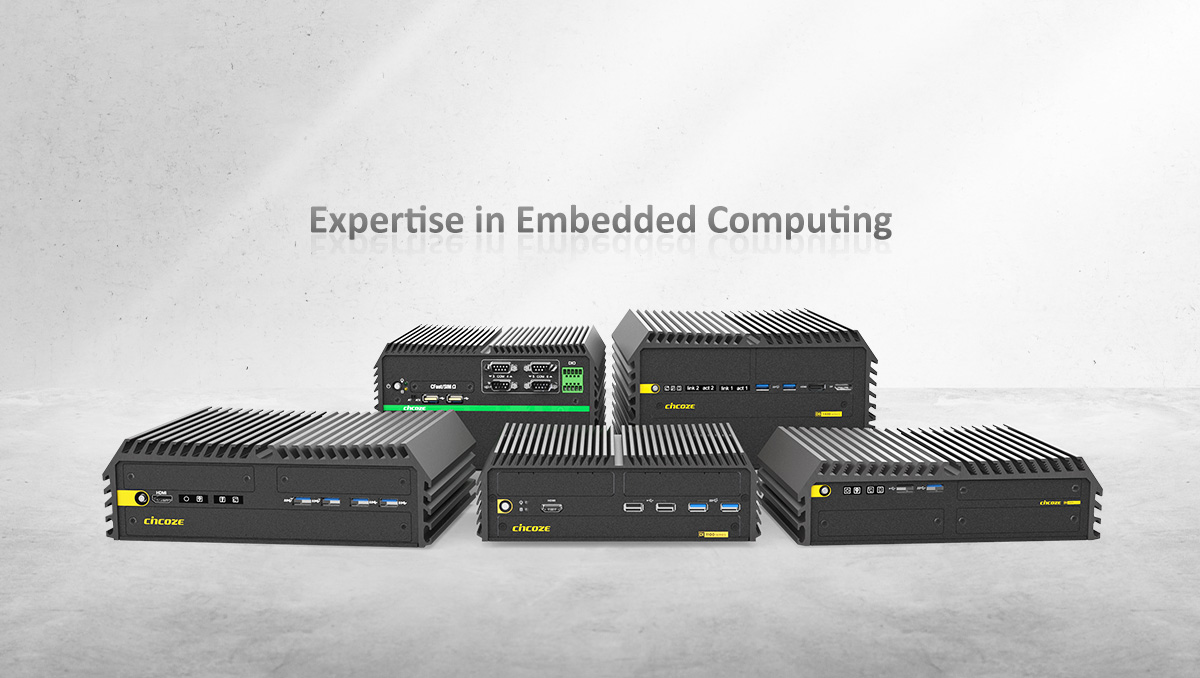
What is an Embedded Computer?
Embedded computers are the driving force providing reliable and robust computing in industries like manufacturing, transportation, warehousing, logistics, energy, agriculture, military, and many more. In busy e-commerce warehouses, computers control the AMRs that automatically transport the shipped items to the designated packaging location. In roadside charging piles for electric vehicles, a computer controls the charging and provides monitoring, calculations, and payment processing services. On livestock farms, computers control the automatic feeding equipment and deliver a specified quantity of food at regular intervals according to the number of cows in each paddock, and they enable remote monitoring and real-time control for the owner. These computers used in various industrial application machines, providing processing power, intelligent control, remote monitoring, and more, are called embedded computers.
The Definition and Evolution of Embedded Computers
The Institute of Electrical and Electronics Engineers (IEEE) defines an embedded computer as a computer with processing, storage, and I/O that is integrated into a larger mechanical or electronic device and is responsible for processing and executing specific tasks in the system. It is also called embedded because it is covered and hidden in the machines or cabinets.
Generally speaking, the biggest difference between an embedded computer and a personal computer is the use environment. Personal computers are usually used in a comfortable and safe business environment or at home, providing functions for work, documents, internet access, and entertainment. However, the vast majority of embedded computers are installed in mechanical equipment or electrical cabinets, so they need to continuously perform uninterrupted tasks in harsh environments, and most of them need to be installed by experienced system integrators.
Early embedded computers were dedicated to performing a single task or function. However, with the continuous advancement in computers and technologies such as IoT, AI, 5G, and robots, embedded computers are much more powerful, can support many more functions, and can handle more complex and intelligent tasks, making them gradually become the driving force for IoT and automation.
Industrial Applications
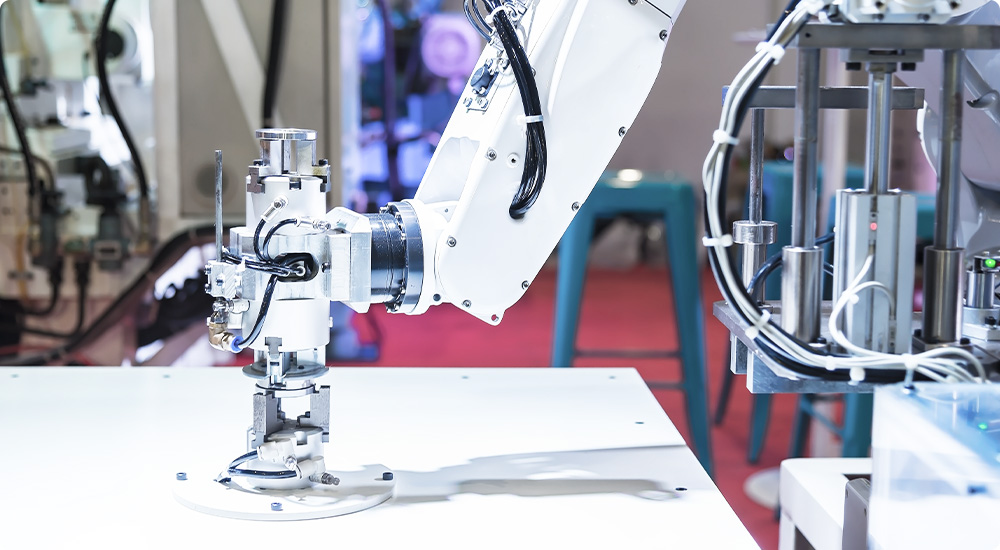
Smart Manufacturing
The manufacturing industry was the first to use embedded computers to optimize its processes. From smart factories to smart equipment, embedded computers are responsible for data collection, monitoring, and predictive maintenance for on-site machines and equipment, providing effective control and data analysis, and assisting enterprises in improving production efficiency.

Railway Computing
Embedded computers provide edge computing functions for dangerous track environments, and are widely used in signal control, monitoring and detection of the railway infrastructure, and passenger infotainment systems in trains, to ensure train safety through data collection and real-time control.
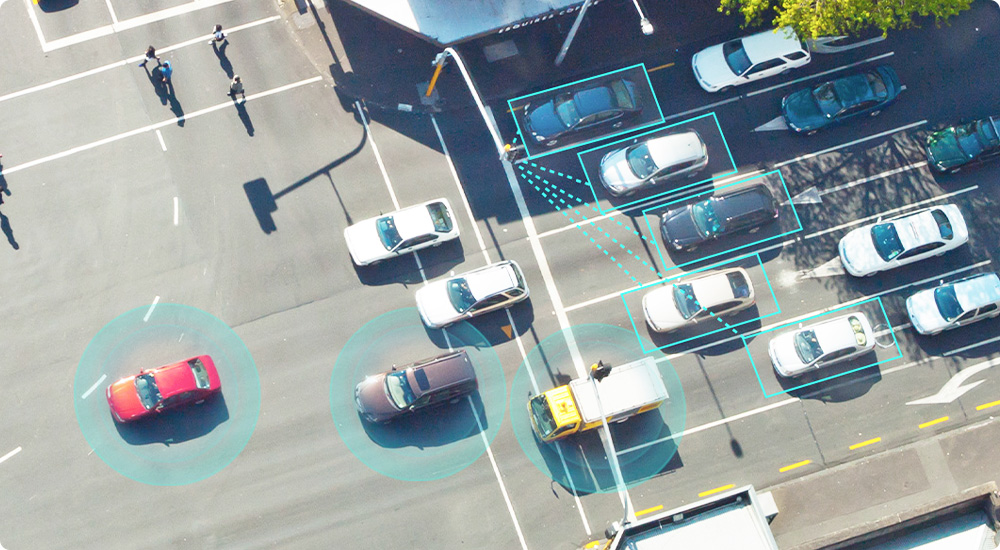
Intelligent Transportation
In an intelligent transportation system, embedded computers assist urban traffic management, monitoring, and technology-assisted law enforcement, improving urban traffic operation efficiency and user experience. Embedded computers are installed in outdoor equipment cabinets for real-time traffic monitoring and data analysis, and upload the data to the traffic management center for centralized management.
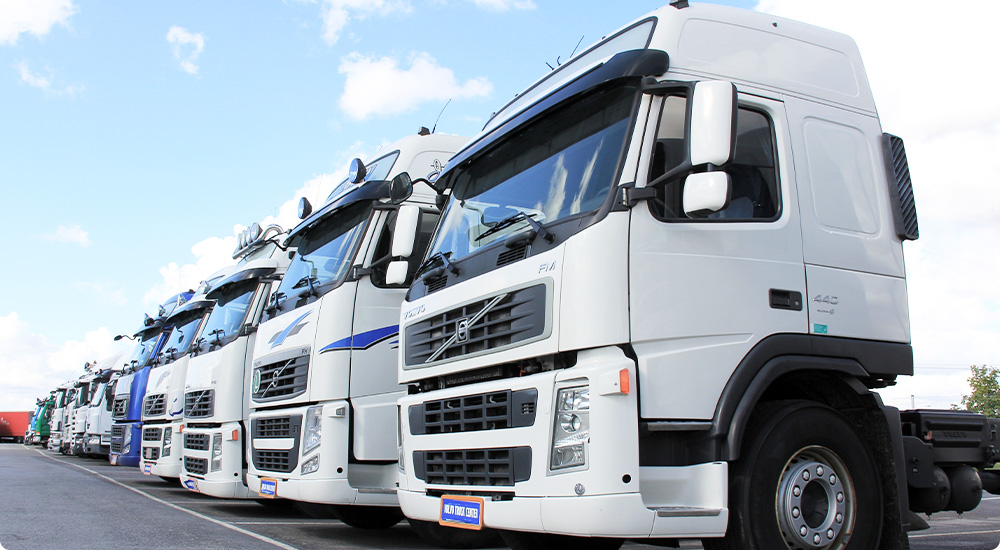
In-vehicle Computing
Embedded computers in in-vehicle applications are the management center for information connection and monitoring, enabling fleet management through dynamic monitoring, maintenance prediction, failure analysis, safety monitoring, and other functions, effectively improving resource allocation efficiency and security.

Smart Energy
Embedded computers control and monitor energy production and enable predictive maintenance of equipment. In the face of more and more distributed energy and renewable green energy, intelligent management can enable the grid to distribute power more efficiently and monitor relevant data in real-time.
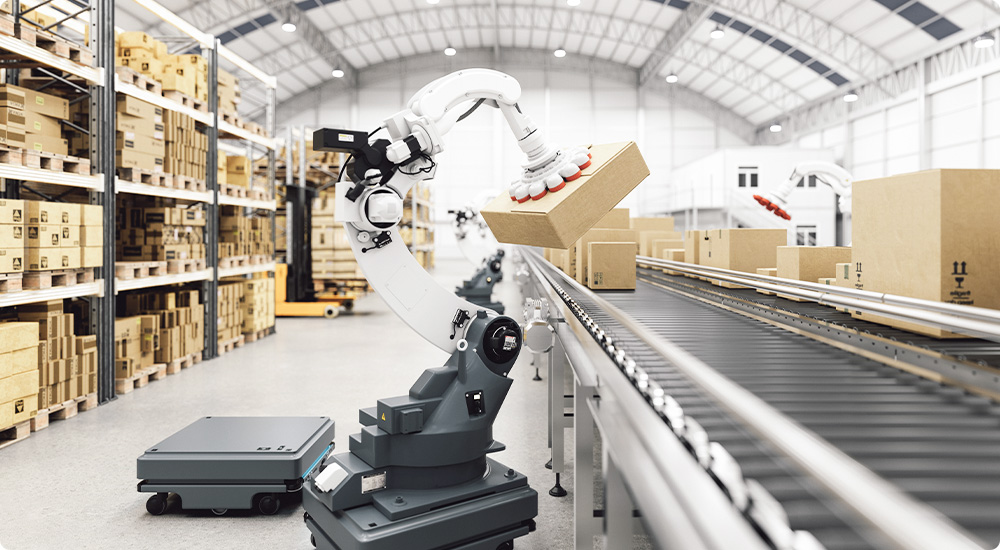
Warehousing and Logistics
Embedded computers are used in warehousing and logistics to connect various sensors, RFID readers, GNSS, network communications, and more to power dispatch management systems, autonomous mobile robots (AMR), and automatic inspection and distribution systems to realize intelligent warehousing, autonomous handling, and logistics.
Common Challenges for Embedded Computers
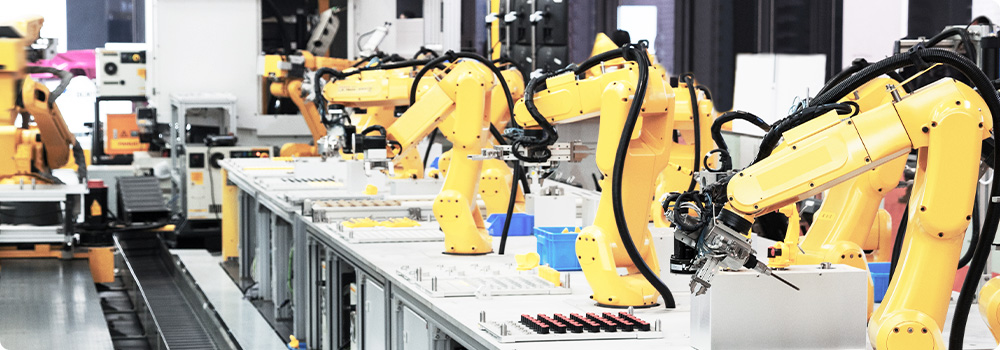
- Limited Installation Space :Embedded computers are usually installed in a machine or in a cabinet. In this limited installation space, small size, adequate heat dissipation, and multiple mounting methods are very common challenges for embedded computers.
- 24/7 Long-term Stable Operation :Embedded computers need to run uninterruptedly for a long time in industrial environments, such as production line automation equipment, monitoring equipment, navigation systems, and more where temporary shutdowns or interruptions can lead to major losses, so there are very strict requirements for computer stability.
- Harsh Environment :Embedded computers operate in relatively harsh environments, such as high-latitude cold regions, or high-temperature environments such as vehicles and boiler rooms. In addition to huge changes in temperature and humidity, the environment is usually prone to shocks, vibration, or strong electromagnetic interference, so the computer must be more robust and shock-resistant to prevent system damage or crashes.
- Long-term Supply :Unlike consumer products that may be phased out within a year or two, equipment installed with embedded computers often needs to be used for a decade or more. Therefore, not only is the delivery time of embedded computers very long, but manufacturers also need to stock up to ensure that customers will not run out of products when they need to replace or repair products, which will affect the progress of the production line.
Cincoze Embedded Computers
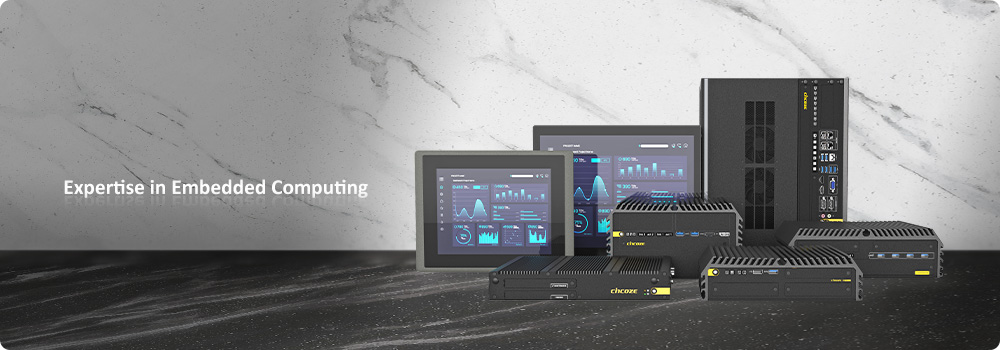
Cincoze embedded computers provide the following advantages:
- Comprehensive Product Line :Cincoze has a comprehensive product line, including the Rugged Computing - DIAMOND product line for harsh industrial environments, the Display Computing - CRYSTAL product line for display computing in machines and equipment, and the GPU Computing - GOLD product line for AI and IoT applications that require real-time large-scale image processing. Each of these three product lines has a unique purpose to cater to the various application needs of industrial customers in terms of performance, expandability, size, energy consumption, or industry certification. There is a product series to match every possible requirement, a fact that has been the key to Cincoze becoming a recognized leader in smart manufacturing.
- Rugged Design :Ruggedness is a part of the DNA of Cincoze’s embedded computers. Careful industrial design, from component selection, system design, and power/ESD protection to wide operating temperature and shock/vibration resistant design, provides reliable and stable operation.
- Modular Design :Cincoze embedded computers use exclusive modular expansion technologies, including CMI, CFM, and MEC, so customers can flexibly expand or increase I/O and other functions to match application requirements, enabling rapid deployment.
- Exclusive Patents :Cincoze products take the customers’ perspective into consideration. Cincoze’s embedded computers are designed to tackle the exact pain points faced by customers, and many of these carefully considered and unique designs have been recognized by international patents.
- International Certification :In addition to mandatory product certification, Cincoze ensures that customers get the most stable and reliable products by passing many voluntary certifications, such as UL for safety, IEC 60068-2-1, IEC 60068-2-2, and IEC 60068-2-14 for wide temperature, and many others. They have also passed relevant certifications for special industry needs, such as military shock standard MIL-STD 810G or EMC protection for industrial environments EN 61000-6-2 and EN 61000-6-4.
- Long-term Supply :Cincoze uses industrial-grade components to provide industrial-grade reliability and long-term supply services for 10 to 15 years.
